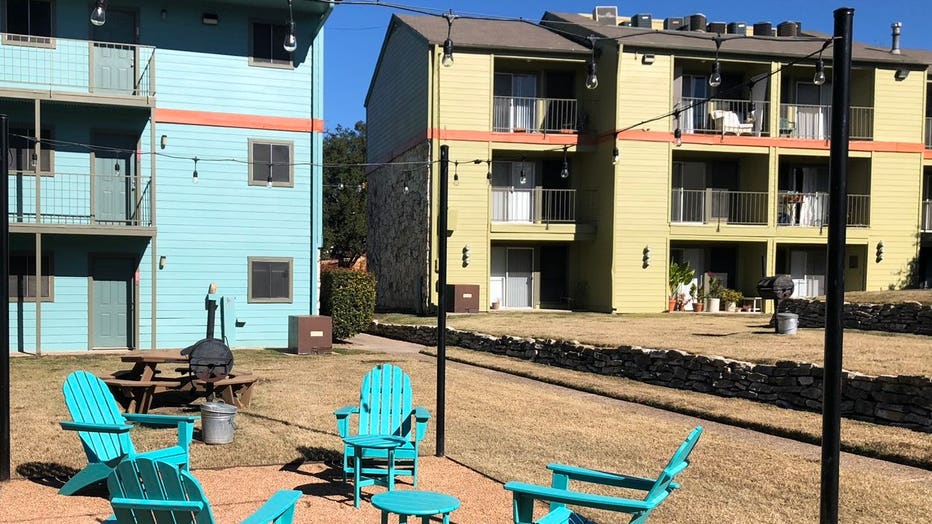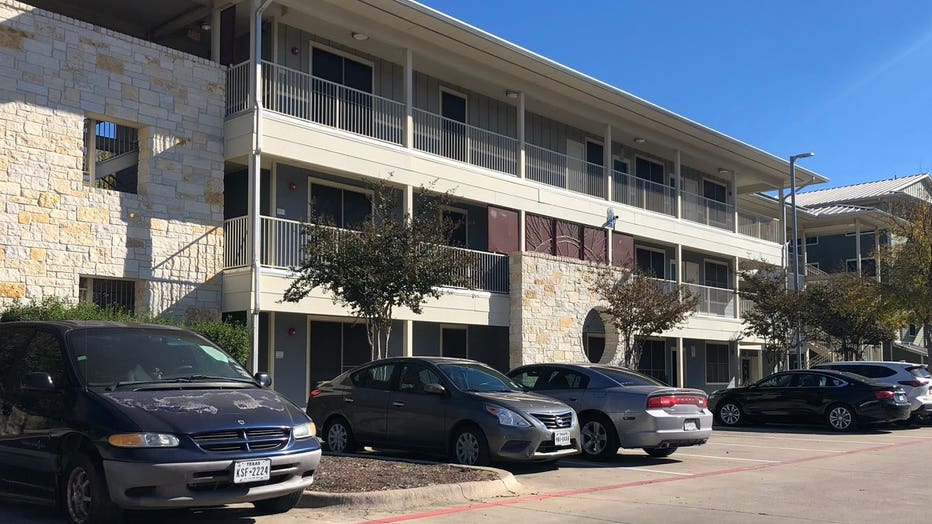Apartment renters in Austin could see some relief from skyrocketing prices, experts say
Some relief in sight after Austin apartment prices skyrocket, experts say
The increase: about 11 to 12 percent year over year, with the average price of a two-bedroom now sitting around $1,800.
AUSTIN, Texas - Apartment prices in Austin have soared over the past few years, but experts now say there is some relief in sight.
"We're in the number one market in the country for apartment demand," said Emily Blair, Executive Vice President of the Austin Apartment Association.
That demand is translating to a spike in apartment prices.
The increase: about 11 to 12 percent year over year, with the average price of a two-bedroom now sitting around $1,800.
"They are struggling to get by, struggling to put food on the table, struggling to put gas in their cars and now struggling to pay rent," said Austin City Council member Mackenzie Kelly, who represents District 6.
In addition to exploding population, experts say higher property taxes, spiking insurance premiums and supply chain and inflation issues are all contributing to rent hikes.
"My lease agreement came up, and they projected a $500 rent increase," said Kelly.

The increase: about 11 to 12 percent year over year, with the average price of a two-bedroom now sitting around $1,800.
Kelly, who lives in Northwest Austin, says it hit her in the wallet just like so many others.
"It was really cringey. I mean, my pay in that time period did not go up," said Kelly.
Emily Blair of the Austin Apartment Association says if your lease renewal is giving you sticker shock, talk to your management company or landlord.
"Ask if there's maybe an alternative floor plan on that property, or some opportunities for options for improving the existing unit that they're in, or even going to a sister property. So you may have more options than you might assume," said Blair.
Kelly says she was actually able to negotiate.
"I was able to look at the 10 different apartment complexes surrounding mine, and averaged out what the apartments similar to mine would be in cost, and then went back with a counter offer to the apartment complex, and they ended up coming down from $500 to $300," said Kelly.

In addition to exploding population, experts say higher property taxes, spiking insurance premiums and supply chain and inflation issues are all contributing to rent hikes.
Experts say there is a bit of a bright spot, with new buildings opening week after week, and even more in the pipeline.
"We're seeing that the last three months are showing indicators that things are going to be getting closer to normal rent growth rates and leveling off to maybe a typical five or six percent year-over-year rent growth," said Blair.
"Our land development code is 2 years older than I am. It’s outdated, it’s antiquated. We need to make substantial changes as council to encourage more multi-family housing units and single-family housing units across the city," said Kelly.

